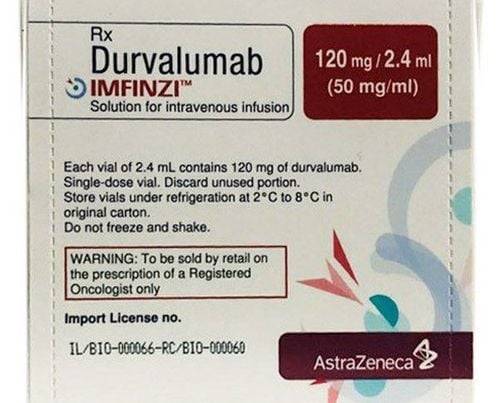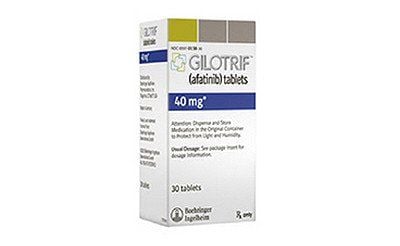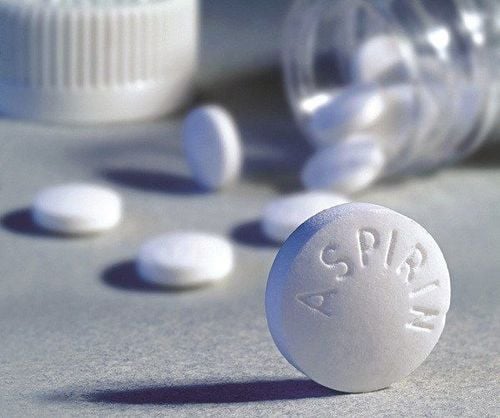This is an automatically translated article.
The article is professionally consulted by Doctor Nguyen Van Duong - Cardiovascular Center - Vinmec Central Park International General Hospital.
The superior vena cava is one of the main veins in the body that carries blood from the head, neck, upper chest and arms to the heart. Superior vena cava syndrome, also known as superior vena cava syndrome (SVCS), occurs when a cancerous tumor or blood clot restricts blood flow to the vena cava. this vein.
1. Causes of superior vena cava syndrome
Superior vena cava syndrome occurs more commonly in people with lung cancer, non-Hodgkin lymphoma, or cancer that has spread to the chest. Cancer can cause superior vena cava syndrome in several ways:A tumor in the chest can press on the superior vena cava. The tumor may grow within the superior vena cava causing an intravascular obstruction. Cancer may have spread to the lymph nodes surrounding the superior vena cava. Then the lymph nodes can enlarge and press on the veins. Cancer, a pacemaker, or an intravenous catheter can cause blood clots.
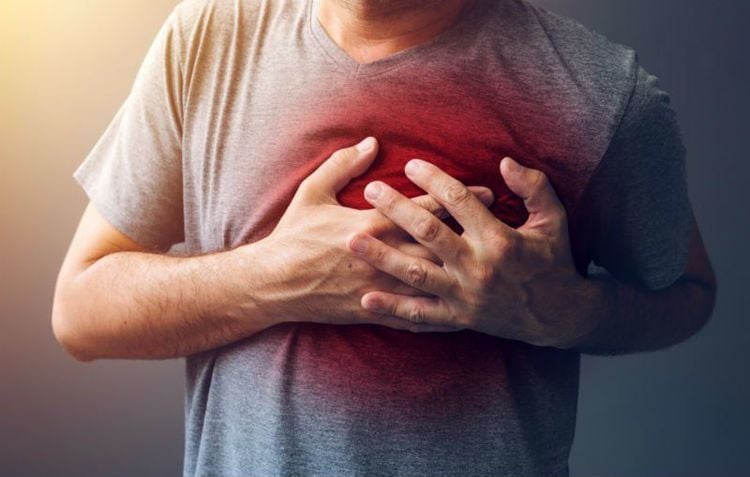
2. Symptoms of superior vena cava syndrome
Superior vena cava syndrome is a group of symptoms that develop slowly. The symptoms cause serious breathing problems and this is a medical emergency. However, with prompt treatment, most patients respond well and avoid serious complications.Call your doctor or get medical care right away if you or a loved one has any of the symptoms described below:
Swelling of the face, neck, upper body and arms Difficulty breathing Cough Rare symptoms of superior vena cava syndrome include:
Hoarseness Chest pain Difficulty swallowing Coughing up blood Swelling of veins in chest and neck Rapid breathing Pale skin due to lack of oxygen Vocal cord paralysis Horner's syndrome, including constricted pupils, drooping eyelids, and no sweating on one side of the face. Superior vena cava syndrome can progress rapidly and completely block the airway, so the patient is on mechanical ventilation until the blockage is treated. In most cases, however, the obstruction develops slowly.
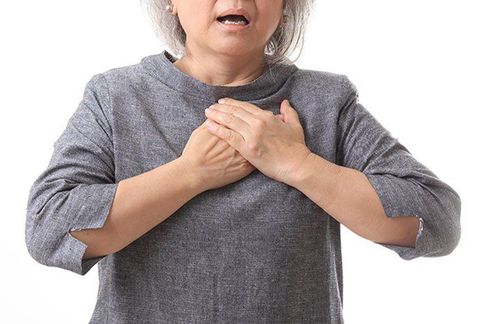
3. Diagnosis of superior vena cava syndrome
In addition to the medical history, physical examination of symptoms, and other related conditions, techniques are often indicated to help doctors diagnose superior vena cava syndrome:chest X-ray; Computed tomography (CT) Magnetic Resonance Imaging (MRI); Venography (Venography); Supersonic.
4. Treatment and management of superior vena cava syndrome
In most cases of superior vena cava syndrome, treatment is aimed at relieving symptoms and shrinking the tumor causing the blockage. Sometimes, people with superior vena cava syndrome may not need immediate treatment because the symptoms are mild, the trachea is not blocked, and the blood in the superior vena cava is still flowing well.
Since the majority of cases occur due to cancer, so the treatment regimen will depend on the type of cancer, treatment methods include chemotherapy and radiation. Other short-term treatments that can help relieve symptoms of superior vena cava syndrome include:
Elevate your head. Use corticosteroids to reduce swelling. Using diuretics helps remove excess fluid from the body by increasing the frequency of urination. Use of drugs that dissolve blood clots (thrombolysis). Place a stent in the blocked area of the vein so blood can pass through. Perform bypass surgery. Dr. Nguyen Van Duong has many years of experience in the diagnosis and treatment of internal cardiovascular diseases and cardiovascular interventions; Perform other noninvasive functional investigations in the diagnosis and treatment of cardiovascular diseases. Currently working as a treating doctor at Cardiovascular Center, Vinmec Central Park Hospital since August 2017
Please dial HOTLINE for more information or register for an appointment HERE. Download MyVinmec app to make appointments faster and to manage your bookings easily.
Reference source: Cancer.net






